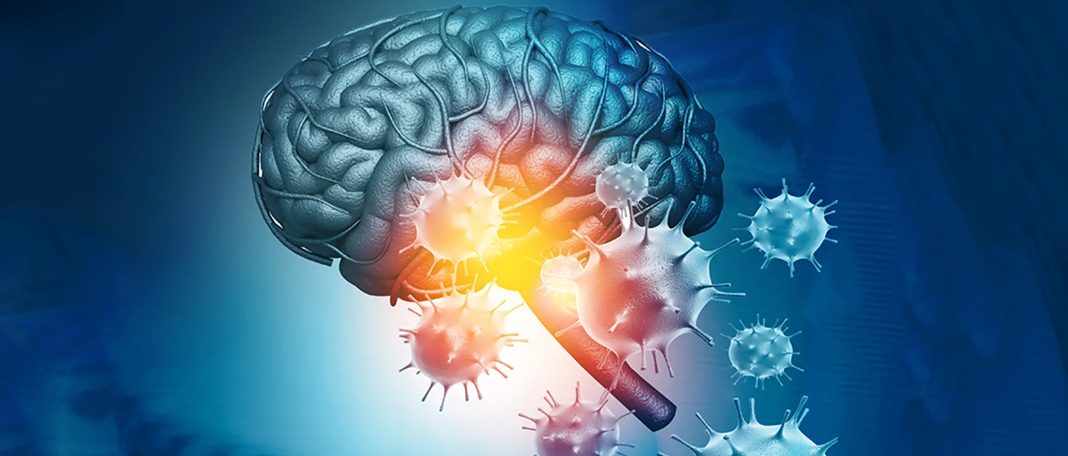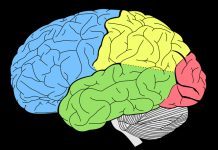Although Covid-19 is related to respiratory disease, it started affecting other parts like the brain and heart. During the early pandemic, most of the people reported that they lost their smelling sense and other serious symptoms related to the nervous system. After the second wave, most of the people who are affected with COVID-19 started experiencing neurological problems such as headaches, anxiety, depression, and cognitive issues, and delirium – they were disoriented, confused, and agitated.
A team of scientists’ study shows that the severe inflammation of COVID-19 can affect the central nervous system which involves different immune cells around the brain tissue and vascular system. Blood vessel damage in the brain is known as CNS vasculitis. Most of the CNS vasculitis is observed in elderly patients with severe COVID-19 effects.
Symptoms of Brain Inflammation Due to COVID-19
According to the report, people with vascular dementia and presenile dementia are more prone to be affected by the COVID-19 viruses. On the other hand, people with dementia showed symptoms like hypoactive delirium, increased mortality rate, and a decrease in cognitive functions. It has been indicated that COVID-19 infection causes brain inflammation which leads to poor neuropsychological assessments such as inattention, agitation, confusion, and disorientation. It also causes the following symptoms in common.
- Anosmia and Aguesia
- Brain stroke
- Headache
- Neuromuscular
- Cerebrovascular symptoms
The study shows that the COVID-19 may cause brain inflammation through the olfactory bulb in some people, while the other half has reported that the virus is not found in the brain or cerebrospinal fluid. Scientists have revealed that the spike protein of COVID-19 freely crosses the blood-brain barrier (BBB) and triggers the inflammatory response in microvascular endothelial cells causing brain inflammation or BBB dysfunction.


















